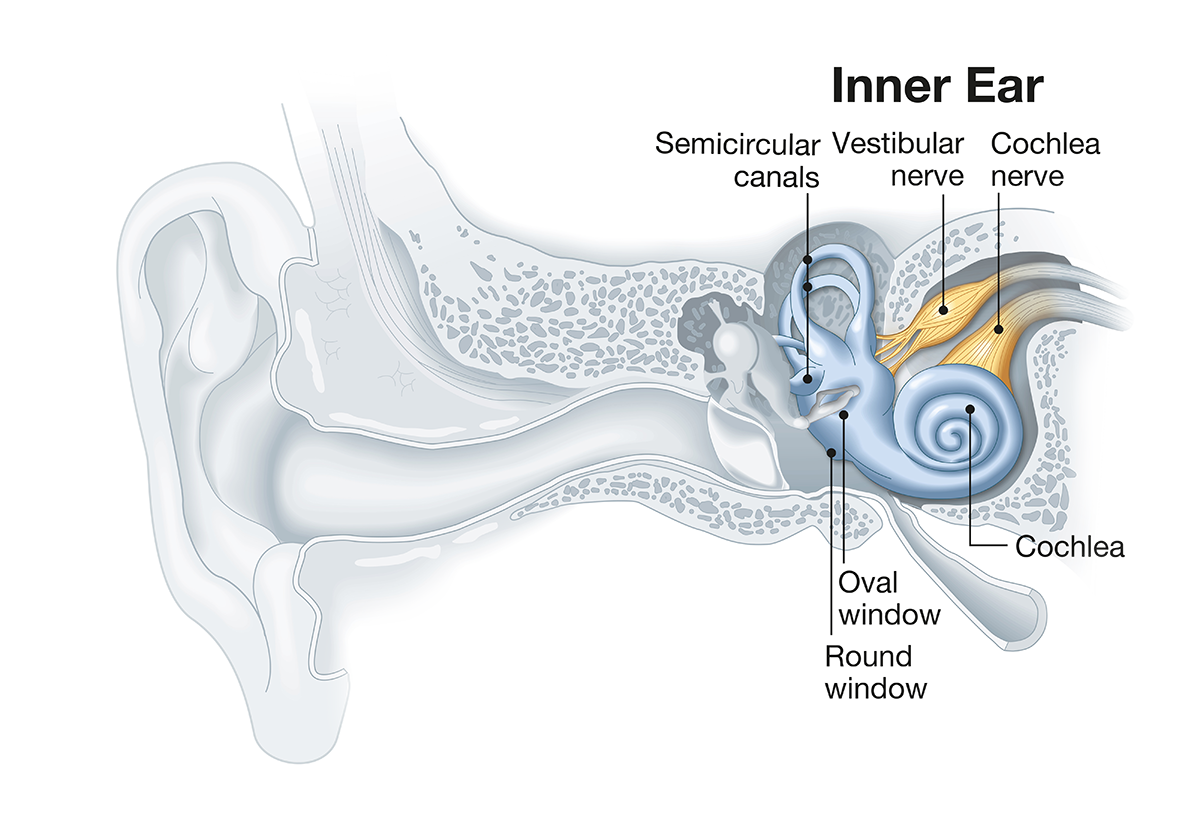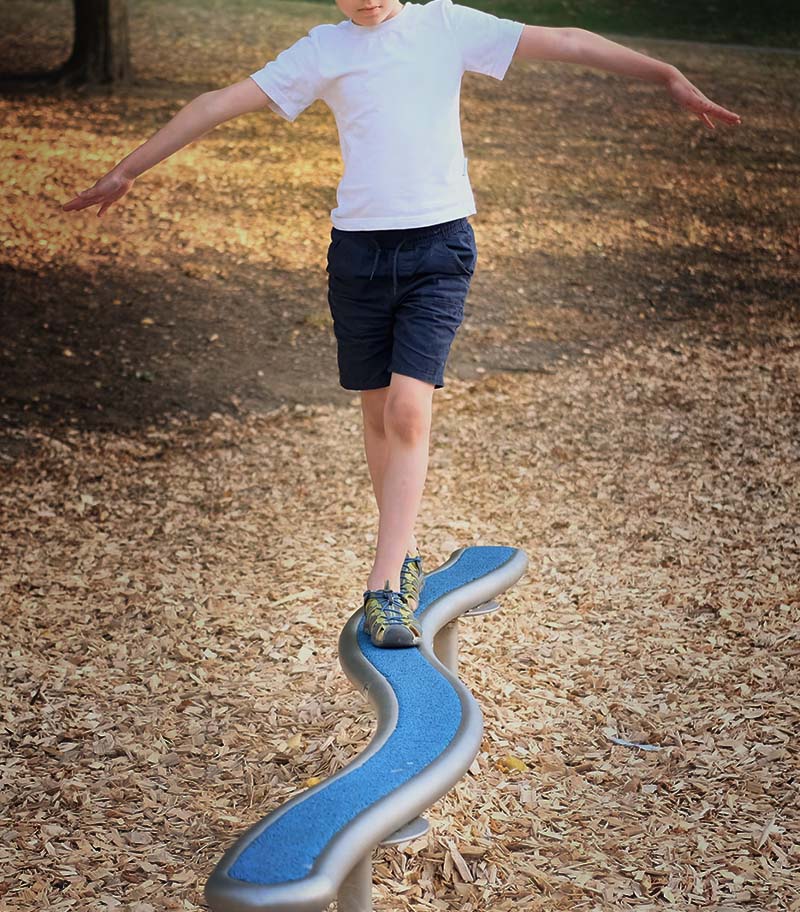Balance / Vertigo
Balance is of great concern for a significant portion of our population!
Our approach will involve manual hands-on techniques.
We can help.
Falls account for many injuries, some serious.
Consequently, it is vital that people maximize their balance.
Our
Approach To Balance
We will take a look at the systems that integrate to allow you to maintain your balance, including your vision, your proprioception (your joints ability to tell your brain what position they are in and how they are moving), and your vestibular system. The coordination of these three systems influence the body in order to maintain your balance in very simple or unexpected situations. Therefore, your body has to be mobile and strong in its response. In addition, we will assess how your joints move and your strength, which will allow us to implement a comprehensive treatment plan.
Our
Approach To Vertigo
Vertigo can have many sources of origin, but issues within the vestibular system can be greatly impacted by intervention from a physical therapist. Many times these issues arise when debris finds its way into the semicircle canals of your inner ear. Differentiation of which canals are involved is important.
We can do that. Prior to assessing your inner ear, however, we need to clear three things:
1.) The Vestibular-Cochlear nerve, which is grouped with other Cranial nerves near your brain stem, gets the information from the inner ear to the brain. We need to make sure all of these nerves are functioning properly.

2.) There are two ways that blood gets to your brain: the carotids feed most of the brain while the vertebral arteries course through the vertebras of the neck to supply blood to the area where the Cranial nerves are located. We need to make sure these are likewise functioning properly.
3.) Finally, the positions to test for issues in the inner ear depend on the neck moving well. Dysfunction in the vestibular system can also affect how your neck works. Consequently, hands-on work on the cervical spine is often a vital part to the treatment of vertigo.
Our residency training in manual therapy has given us the skill set to address all of these issues and get you back to normal as quickly as possible.
Get Relief!


